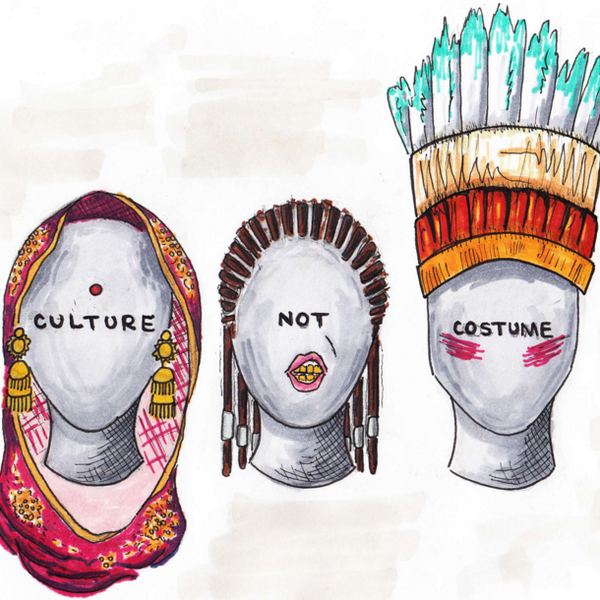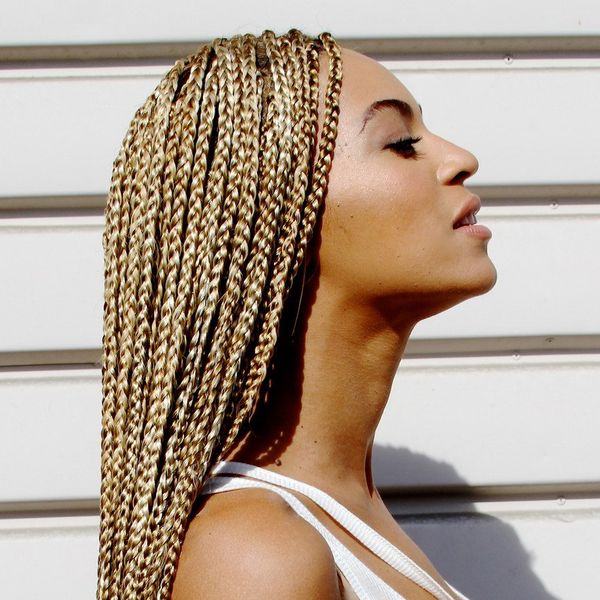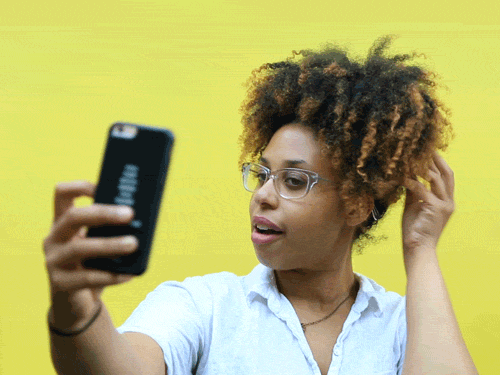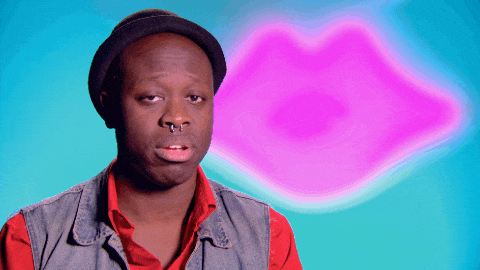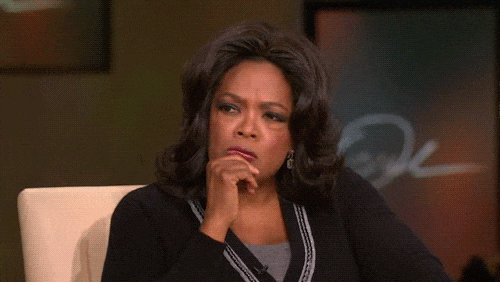This decade so far has really been the decade of social awareness and activism. Race has most definitely been one of the most dividing subjects in the past few years. Some have even said that race relations are just as bad or even worse than how they were in the '90s. Many supporters of the Black Lives Matter movement (including myself) and other supporters who are against racism do not believe in color-blindness, which is the classic excuse, "I don't see color." or "We're all one race, the human race."
What's so upsetting about those excuses is they're very invalid. Of course you see color and you see race, no need to sugarcoat it. Race is the first or second thing you see of a person. What they really should say (and probably intend to say) when they say "I don't see color" is "I don't judge by someone's color." Seeing color can be a beautiful thing as we get to acknowledge and learn more about other cultures of people who we don't belong to. Just because someone claims to be "color blind" doesn't mean that they cannot be racist. (Why I'm saying this will make more sense the later you read into the article. Just trust me.)
Take the situation that is happening at my hometown's school district that is making national waves. Butler Traditional High School is a local high school that my mom and aunt went to. My aunt told me that Butler wasn't always a traditional school, and it became a traditional school her senior year, and only because there was only one other traditional school in the district. The situation occurring at Butler recently brought to attention by Attica Scott, a local metro council board member, when her daughter was told that she can't wear her twists.
The school prohibits braids, dreadlocks, and twists and Afros need to be no longer than two inches. Even though the school never gave a race or ethnicity about these rules, it was pretty obvious that they intended these rules for black students because in reality, most white students don't have these hairstyles. According to my aunt, this wasn't an issue two decades ago, especially when these Afrocentric hairstyles were in trend. For the past few years, many black people have ditched the lasting, damaging effects of relaxers and perms for the natural hair alternative. Another reason for this trend is the black pride movement, where we take pride in being black and wear hair in more Afrocentric styles instead of hairstyles that are more Eurocentric.
Some people have heard of cultural appropriation but what is cultural assimilation? Cultural assimilation is when minority groups change their appearances to be better fit into and to be less of an "other" to the majority group. Throughout history in our society, many people of color have felt the need to assimilate theirselves to white people; which is why hair relaxers, perms, wigs and weave became popular, especially among black women.
This policy that Butler has put in place is one of many across the country, where black children are suspended or even expelled for having black hairstyles because they were labeled as "distracting". Keeping in mind that Butler and some of these other schools are traditional schools, which usually have a strict order of doing things to prepare students for the working adult world. But are these policies treating our students of color that they need to suppress their own cultural identities to be more successful in life? The fact that these policies exist mean that Afrocentric hair is "unprofessional" but hair that is more "tamed" is.
A solution to this issue is to alter the rules for female students to have these hair styles, but not men. While this solution almost solves the issue of culture oppression, it brings of an issue of gender inequality. Of course men are better treated in society in many ways, but in the idea of feminism which advocates for the social, economical, etc. equality of the sexes, shouldn't men be able to wear their hair in Afrocentric styles too without restriction to it?

